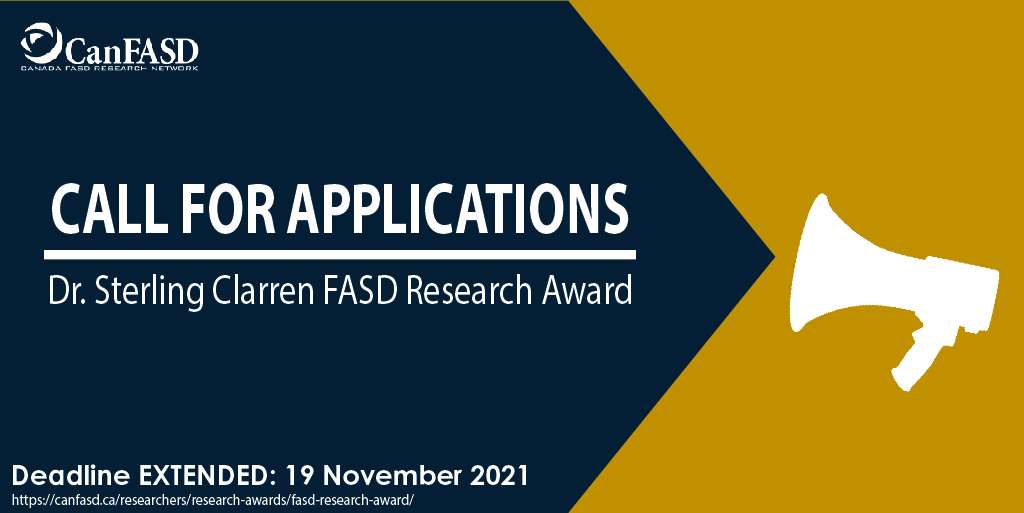“As an early researcher, I wasn’t always confident and often doubted my skillset as a researcher. After receiving this award, it gave me the boost of confidence I really needed, gaining more confidence in myself as a researcher and reassuring the importance of my work and its positive impact on caregivers of children with FASD.”
What was your research project?
Caregivers of children with fetal alcohol spectrum disorder (FASD) report high levels of stress, and are often excluded from mental health interventions, leaving few supports to address their unique needs. Scientists worked together with Health Nexus and caregivers to co-deliver a caregiver Acceptance and Commitment Training (ACT) intervention with, and for, caregivers of individuals with FASD. We delivered two in-person workshops and one virtual workshop. Preliminary results suggest that these workshops led to improvements in psychological wellbeing. Caregiver feedback confirmed that caregivers felt supported and valued through the workshop and that they learned skills to help them cope more effectively. This research project fills a significant clinical service need, represents an innovative approach to clinical care, and provides support to a group of caregivers who are under-served.
Where is your research at now?
We have submitted one manuscript and are in the process of finishing the second manuscript. We are currently working on training caregivers of children with FASD to lead ACT workshops alongside clinicians. This training will build capacity among facilitators, and we will be able to offer more ACT workshops to caregivers of people with FASD.
What are you doing now?
I am now doing a post-doctoral fellowship at the University of Calgary! While I am still involved in ACT, my most recent work is looking at the impact of physical activity on the mental health of children with neurodevelopmental disorders (e.g., FASD, cerebral palsy, Down syndrome). Other projects I am involved in are looking at various mental health interventions for people with FASD as well as the experiences of caregivers of children with FASD. I have plans for future projects that will explore the experiences of people with FASD and their families, and that aim to improve their wellbeing—stay tuned!
